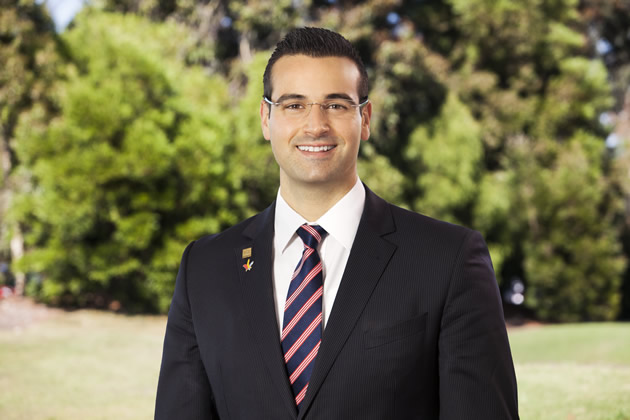Assistant-turned-agent Mark Di Giulio reveals the four rules agents must follow if they want to set their assistants up for success.

Some agents don’t realise that hiring a personal assistant requires more than just an investment of money – it also requires an investment of time to be really effective.
Many agents eventually reach the stage in their career at which they decide to recruit a PA. As I’ve discovered, it’s not as simple as employing somebody one day and delegating a whole load of work the next. Agents also need to set clear structures so their assistants can help them achieve their goals.
The key rule with PAs is that you get out of them what you put in. That means investing a significant amount of time at the start so they understand exactly what tasks they need to do and how they need to be done. After that initial investment, they’ll gain momentum so you won’t need to look over their shoulder all the time.
I’ve experienced both sides of the equation because I was actually an assistant myself before I became an agent in 2006. So when I got my first PA in 2009, I had a very good idea of what was required to set up my assistant for success. Here are a few important rules:
1) Lead by example: you can’t expect your assistant to work hard and be meticulous if you don’t display the same qualities;
2) Build a relationship with your assistant so they trust and respect you;
3) Give them specific, attainable tasks so they understand exactly what you want and know it’s realistic;
4) Have clear-cut rules and a job description so they always have something to refer back to.
When I was a PA, I had a very good boss who set me up to succeed. I had my to-do list, I had my set tasks and I had an ideal week. It was like high school, where you know what happens on a Monday, you know what happens on a Tuesday, and so on. My boss created that system from the very start.
Some agents make the mistake of trying to manage their PAs on a day-to-day basis. It works much better if you set them a series of activities and an ideal week so they don’t need to constantly ask what they should do next. You can then hold daily or weekly meetings to check they’re completing the tasks and to a satisfactory level.
Another important thing is to make sure they’re incentivised. There should be some sort of program in place so they get a personal or financial reward for hitting targets. You can’t just ask someone to do a task without having a goal at the end of it. With my team, we have financial rewards if we reach certain targets and I take them go-karting or paintballing or something to give them that motivation to work hard.
I think a common mistake a lot of agents make – including myself when I got my first PA – is not to separate admin tasks from sales tasks. I got an assistant who did both, when really I should’ve got two assistants. That’s because it’s unusual for people to be equally strong in both those areas.
I’ve learned my lesson, and I now have a fantastic admin PA who does all my paperwork, prepares my pre-listing kits, does my CMA reports, calculates my commissions and even answers all my emails – I don’t touch a computer. Then I have two buyers’ agents and a lead generator to do those other tasks I need help with but shouldn’t delegate to an admin PA.
One more thing: the agent-assistant relationship should be a two-way street. Sure, they should help you grow, but you should also help them grow. It’s selfish not to teach them skills that will allow them to flourish, even if that means eventually leaving you. Also, the more you teach them, the more they can help your business.
Mark Di Giulio is a partner at the Doncaster East office of Barry Plant. He has a degree in marketing and qualified for the Top 100 Agents ranking in 2014 and 2015. Away from real estate, he spends his time at the gym or pursuing his other interests, which include soccer, boxing and classic cars.







You are not authorised to post comments.
Comments will undergo moderation before they get published.